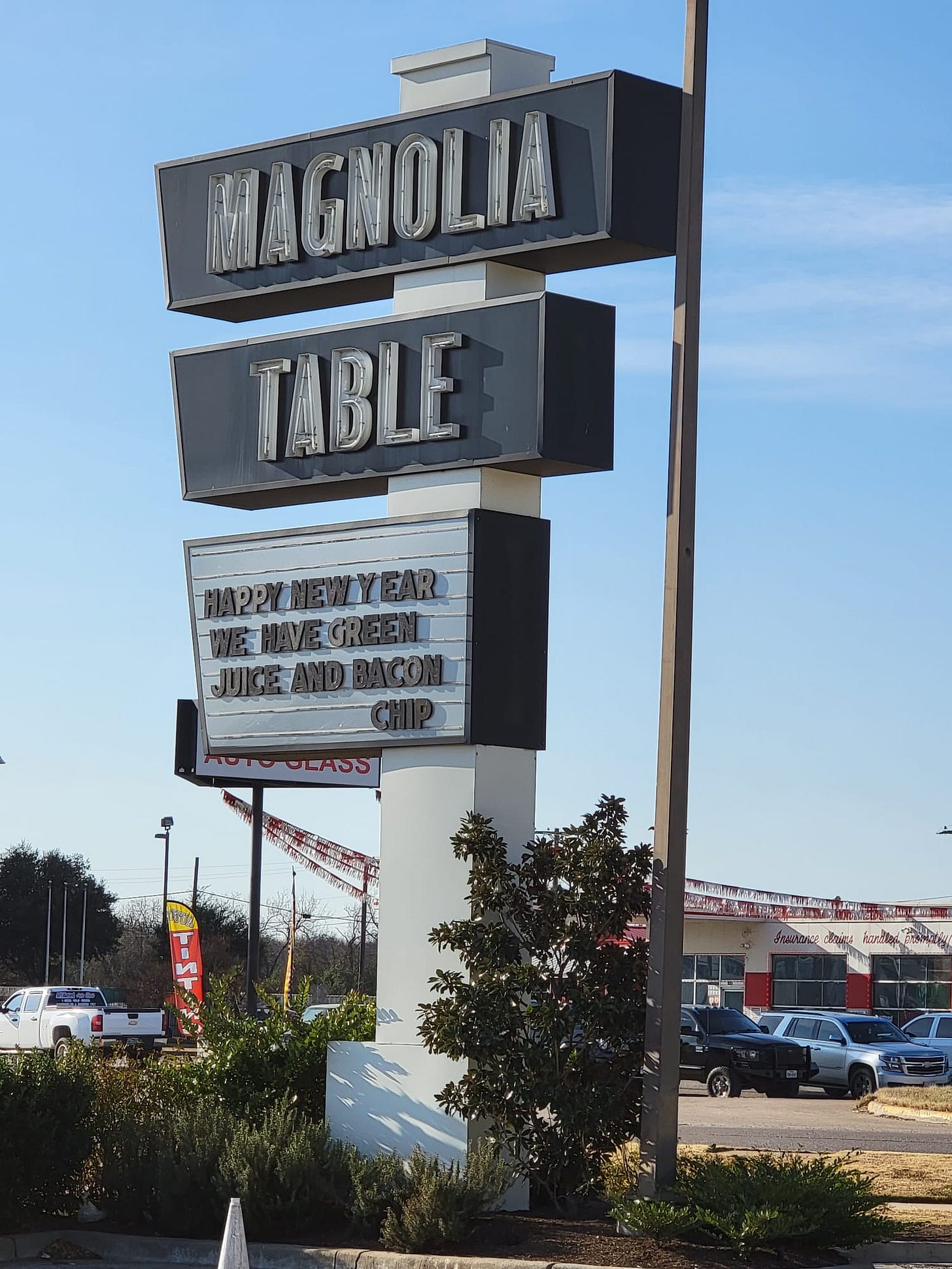R.I.P. Carlton Sheets
How The Fed Killed The Ownership Economy
We suffer from short-term thinking syndrome when it comes to money. It hasn’t always been this way. It’s also not entirely our fault.
In the 1990s I was a night owl. I also had a television, with cable. It’s amazing how things change.
Back then, we had infomercials. 30-minute TV ads with high-pressure sales tactics. They were incredible to watch. I thought so at least. What mesmerized me was how well they tapped into what people wanted at the time.
If you watched TV back then, you probably remember Carlton Sheets.
Sheets was the real estate TV pitch man. He sold a dream. The hook was, build a real estate wealth empire with no money down. He died in 2020. He was a legend of a different era.
The Sheets no-money-down system primarily leaned on being a landlord. That means being an owner. Collecting rent, managing a property, and using sweat equity to build a real estate empire. His system doesn’t work as well in the era of free money.
There’s no reason to own when money is free. Sweat equity gets replaced by instant equity. Instant equity is what happens when borrowing costs fall predictably for 20 years straight. In that kind of market, it’s all about the quick flip.
Back then, before the Fed turned on the money spigot, we knew serious wealth took time. Sure, we still wanted to get rich quick. But everyone knew the real thing required work.
Carlton Sheets made it feel possible. His name alone felt like he must know what he’s doing. It was so fitting, I even wondered if it was his real name.
Notice how the producers staged him in the infomercial. He appealed to the notion of wealth at the time. Shrewd facial expression, golf course estate home, conservative red sweater and khakis, and of course, the coveted gold watch.

He’d go on and on about pursuing your dreams, living the good life. Homes in Florida and the Blue Ridge Mountains. Golf, fishing, the things we all knew rich people were up to in the 1980s and 90s.
He brought out humble devotees to attest to the amazing results of his system. Even if they were paid spokespeople, it was a strong pitch. And we bought it.
Last week, I went back and watched some of these pitch videos on YouTube. It’s interesting to see what people found persuasive back then. This man and his wife compare Sheets to Jesus. That could trigger people these days. Sheets would be canceled.
Sheets was the only one touting a no-money-down method. It was risky. I’m not even sure if it worked. It worked for him at least. Selling the educational system is often more profitable than using the system.
What I do know is, it wouldn’t work today. There’s no point in owning real estate. Income barely covers expenses.
The concept of Sheets, the empire-building landlord, is a thing of the past. It’s nostalgic, but it doesn’t get the clicks. Today, Chip and Joanna are our real estate TV celebrities.
“Good Things Take Time”
Most real estate deals now lean on speculation. Returns are so low they barely cover expenses. Some don’t even manage to cover expenses. That means the upside is all about rising property values. To me, that’s speculative. I don’t like taking risk if I’m not being paid.
Worse yet, two decades of easy money meant the biggest borrowers had the most real estate success. Binge on credit, flip it to an even bigger borrower. It’s easy to see how this turned into a new way of life.
The late-night TV slots that ran Sheets informercials back then run home flipping shows today. Cable TV home flippers are celebrities. Some even have their own lifestyle brands.
Chip and Joanna appear to be the “it” couple in real estate. I’m still not sure what they do.
They don’t seem to be empire-builders like the real estate tycoons of the past. They also don’t seem to be selling, or brokering. I’m not even sure they flip. From what I can gather, they’re what we used to call house painters. Maybe house painters with additional as handyman skills. I don’t have a television, so I can’t say for certain.
What I do know is, these two hired a great publicist. Most of the top row of the magazine rack at the grocery store has them covered right now.
I’m told they have a restaurant and trinket store in Waco, TX. People fly from around the country to eat and shop. The list of other reasons to visit Waco is short.
I’m sure Chip and Joanna are great people. What I wonder is, do they credit the Fed’s money spigot for their success?
Why I’m Sour on Real Estate
Owning is out. The Carlton Sheets wealth-building empire doesn’t work anymore.
Fix-n-Flip is the mantra now. It’s lipstick on a pig, pass the trash. Click here to see the story from last issue where someone eventually has to live in these stucco shacks.
Spending borrowed money for two decades nearly erases the memory of real value. What is that item, task, or physical product actually worth? Nobody does the math on how many hours of labor it takes to put a roof over your head. Instead, what’s the monthly payment? How much will it boost the value? When can I unload it? That’s the question in the free money era.
It’s all part of the set up. We get wrapped up in the frenzy of distraction for two decades and can’t remember where we started. It’s the financial equivalent of playing dizzy bat with our life savings.
The Fed turned us into speculators. Don’t worry about fastening things to the wall with a screw, just use some Gorilla glue. Get on to the next deal. Paint the house grey with white trim. Put a bag of fresh mulch in the planters. Show the place before the paint dries. But that all changes when the boom ends.
There’s a bit of disbelief when a trend changes. The first move is freeze in place. Everyone stops like deer staring at the headlights of an oncoming car. Next, worry. Surely this will pass. We’ll get back to the way it was before. That phase goes on for a while. The smart players lower prices to find a buyer. The rest of the herd waits, worries, then panics.
I’m not picking on homeowners here. They need a place to live. It’s not their fault the Fed turned the American home into a poker chip. It wasn’t always this way.
However, we’re on the cusp of a big change. The Fed flipped the script almost overnight. The consequences won’t be pretty.
How We’ll Play “The Great Adjustment”
We’re in for a big adjustment. We talked about real estate because it’s easy to understand. The point is, the Fed’s radical money experiment shifted course last year. The results have been disastrous, and they’re just getting started.
The headlines of bank failure, credit issues, loan defaults, and layoffs are the tip of the iceberg. This is what happens when you turn on a money spigot for 20 years. People get used to money flowing out as needed.
Then, turn it off, almost overnight. People stand around waiting for money to flow out, and it doesn’t come. Worse yet, things dry up. It’s been 20 years since the spigot worked normally. Nobody remembers what that’s like.
So far, we’ve seen the riskiest banks fail. Those banks that borrowed money at 1% and loaned it to customers at 3%. The problem is, the 3% customers wisely fixed the interest rate. The 1% borrow rate was variable.
The Fed flipped on a dime and started raising rates. Bank executives could have repositioned their rising cost of capital at the first sign of trouble. Instead, they dug in, refused to take a small loss, and ended up taking a total loss.
The situation ahead for heavily-indebted companies isn’t much better. Many borrowed ultra-cheap money to expand unprofitable operations. As business slows, those debts mature. Cash-poor, they’ll need more credit to keep things going. That new credit won’t be ultra-cheap. Many won’t survive.
Their workers won’t either. They’ll hit the streets and look for something new. Many have ultra-cheap personal debt rolling over too.
While the Fed postures as if it has full control of the world’s largest centrally-planned economic system, keeping control won’t be easy. Without collateral damage that is.
Our Next Stock
The Fed’s path doesn’t look good. Either way things work out, they have tough decisions ahead.
The economy can’t take but so much pain before they’ll turn the money spigot back on. It won’t look the same. The future never looks exactly like the past. This time, they may directly finance government deficits. If so, it’s a breach of trust in the dollar they might never regain.




